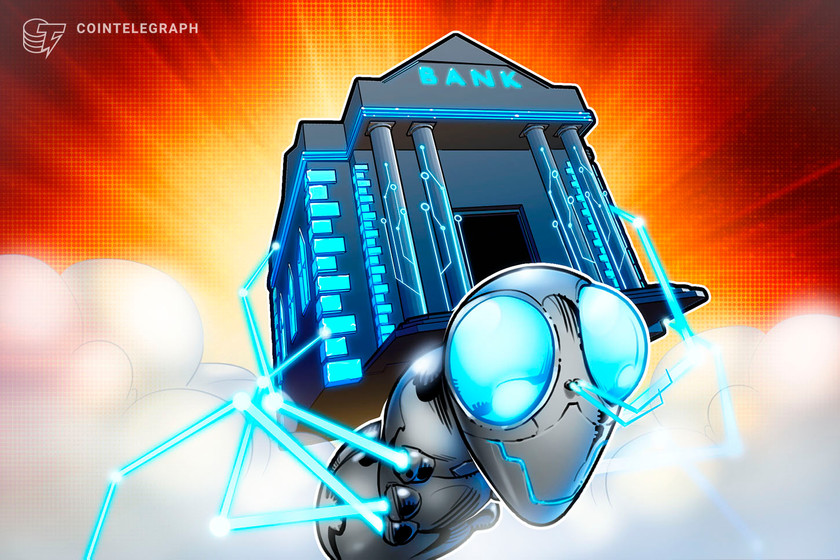Crypto Biz: BlackRock Bitcoin ETF seed capital, HashKey targets market makers, and more


The countdown is underway for the U.S. Securities and Exchange Commission to decide on the first spot Bitcoin ETF in the United States.
The countdown is underway for the United States Securities and Exchange Commission (SEC) to decide on approving the first spot Bitcoin exchange-traded fund (ETF) in the United States. After several delays, the regulator’s final deadline is approaching, with market participants anticipating a decision in early January 2024.
In another sign that a green light may be forthcoming, companies awaiting approval have regularly met with SEC officials over the past weeks, discussing their proposals and making adjustments as requested.
If approved, the biggest cryptocurrency will be traded on the spot market of Wall Street’s major exchanges, opening up Bitcoin (BTC) to a broader audience of investors, this time as a product backed by the most prominent investment firms in the world. If denied, investment managers will likely appeal the ruling, prolonging the waiting period for investors and Bitcoiners in the United States.









